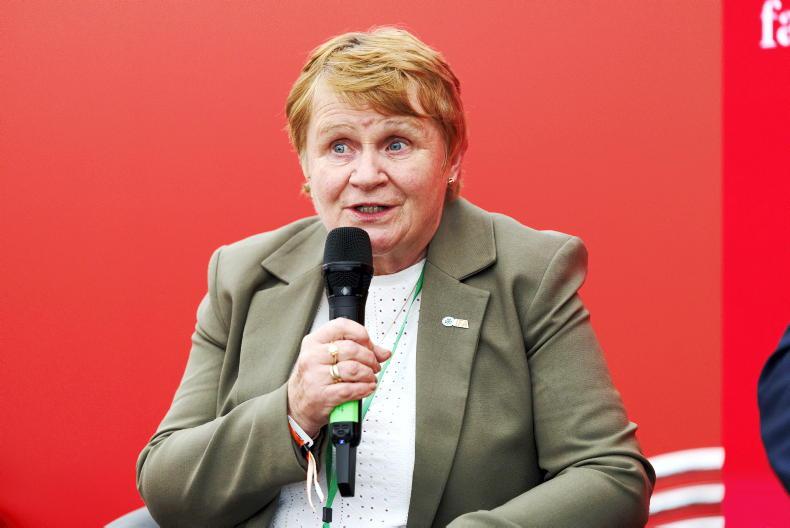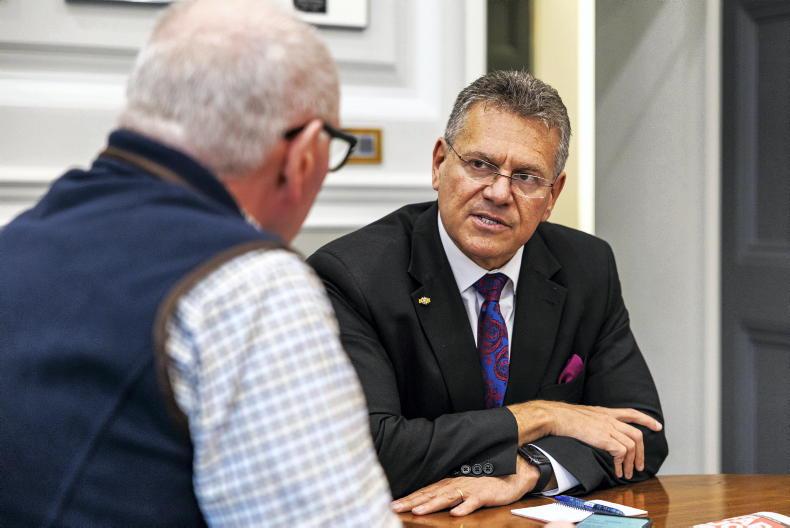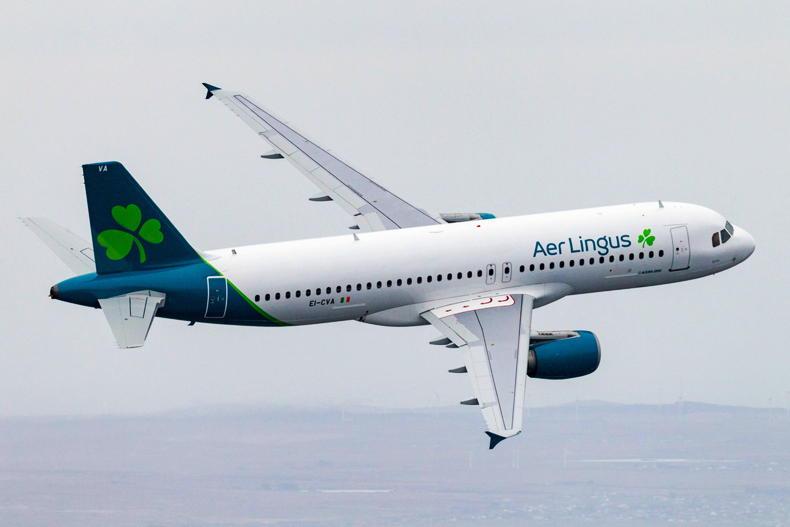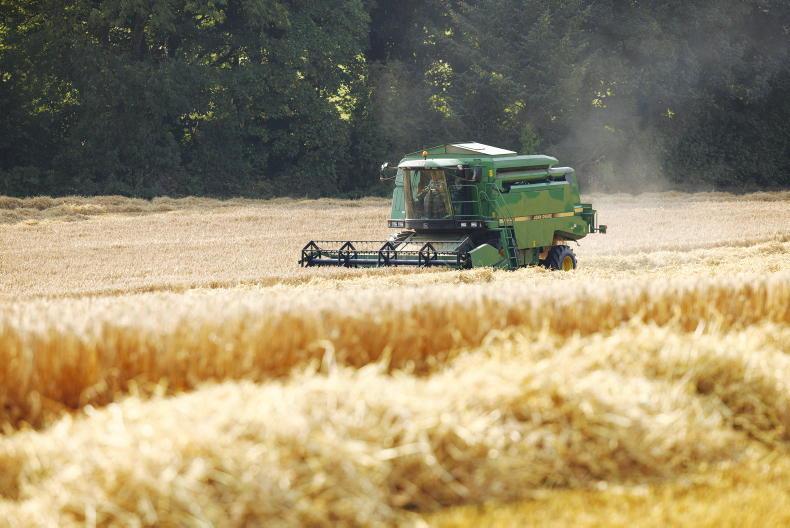Farmers are the beating heart of Europe’s rural communities, providing vital public goods, ensuring the supply of products of the highest quality to European citizens and to the rest of the world. They also play a key role in tackling climate change, protecting the environment and preserving landscapes and biodiversity.
They do all this in the face of all kinds of challenges: their income is lower than in other economic sectors, they are subject to the vagaries of unpredictable weather and climate, and they are exposed to more volatile markets.
The Commission has great sympathy and understanding for farmers in today’s difficult market situation and in front of these many challenges farmers and food producers face, and it has – and will use – all the tools it has to help the sector navigate these challenges.
Trade opportunities and challenges
Trade may represent opportunities and challenges for farmers. But we need to trade. Trade remains a key feature of the CAP. Maintaining a balance of imports and exports helps maintain internal market stability and ensures food security for our citizens.
The EU is now the world’s biggest exporter – and it is not by coincidence. The market-friendly CAP has made EU farmers and food producers more globally competitive, while the EU’s reputation for having safe, sustainably produced, nutritious and quality products has become a winning formula in the global marketplace.
Ireland depends on trade. And Ireland, above all other member states, has benefited from this winning formula with its stellar export performance over the last decade. Good food means good business.
Put simply, open and fair trade is beneficial for the farming and food sector and to the welfare of EU citizens. In the last years, following the 2008 collapse of the WTO Doha round negotiations, the EU has racked up a host of successful bilateral trade agreements. For the beef sector, for example, the agreements with, Japan, South Korea, Singapore and Vietnam, and Indonesia and Mexico to come, are an opportunity to improve EU exports and to gain access to valuable and growing markets.
As an example, the first anniversary of the entry into force of the agreement with Japan brings the good news that our exports increased by 6.6%. Meat exports alone increased by 12%, with frozen beef exports more than double, and our dairy exports increased by 10%, including a 47% increase in butter.
Let’s take also the example of the CETA agreement with Canada. While CETA has helped boost our exports of key products (+26.6% on cheese, for example) our imports of beef have remained below 2% of the quotas granted. Therefore the real effects of the agreement are positive and very far from the negative predictions about the EU market being flooded.
Mercosur
The European Commission is aware of the deep concerns of Irish and other European farmers over the agreement with Mercosur. Those concerns are understandable. But let’s try not to be swayed by emotion or fake news about this deal, but look at the facts.
The agreement is a fair deal with opportunities on both sides, including for Europe’s agri-food sector in what is a large but highly protected Mercosur market. In the specific case of Ireland, Mercosur is going to be an important market in future for food products such as dairy and whiskey.
Irish exporters of these high-value added goods will benefit a lot from the removal of very high tariffs. For example, Ireland currently exports to Mercosur infant formula (€7m) and Irish whiskey and Irish cream (€5m). Today, these are small volumes due to the high protection in the Mercosur market. Under the new agreement, major new market openings will be offered for dairy and notably cheese, skimmed milk powder and infant formula – which Irish exports are well placed to exploit.
Dealing with sensitive products
A trade agreement with such an important agricultural bloc brings challenges for specific sectors of EU agriculture, such as the beef sector. It is precisely for that reason that in the agreement the Commission secured a number of measures that, while offering commercially valuable access to the EU market, would mitigate possible negative effects on sensitive products like beef or poultry.
For those sectors, not only do we offer only limited tariff quotas, they are shored up by an armoury of mitigating measures such as in-quota duties (for beef it is 7.5%), the splitting of quotas, lengthy phase-in periods running for seven years, management of the import licences at the European end, and even a bilateral safeguard clause that can be used for the first time ever for products under quota – quite an achievement.
The previous Commission also pledged a billion euros in support for the farm sector in the – we believe highly unlikely event – that the Mercosur deal significantly affects farm prices or income. So all the belts and braces are there.
The claim that the agreement will undermine the EU’s stringent standards and the safety of European consumers is also unfounded. EU standards are not negotiable in trade agreements and will remain the same as they are now. Products imported from Mercosur have to be as safe as those produced in the EU. The agreement will not change that.
Climate obligations
The recent climate negotiations in Madrid have revived fears about deforestation and climate change, including in the Mercosur region. The Commission when negotiating the Mercosur agreement had these concerns at the fore. The agreement is based on the premise that trade should promote sustainable development.
EU and Mercosur explicitly commit to effectively implement the Paris Climate Agreement and to cooperate on the climate aspects of trade, including tackling deforestation. This is the most far-reaching set of commitments on environment and climate in any trade agreement the EU has negotiated. And they are binding on us all. The Mercosur agreement therefore anticipates many of the commitments of the European Commission to take decisive action in Europe and internationally, through the New Green Deal, to combat climate change.
The Mercosur agreement will be presented to the Council and to the European Parliament for approval. We expect an in-depth debate on its features, on the opportunities and the challenges it presents. We hope that the Irish farm and food community will join that debate. The Commission for its part looks forward to engaging and, more broadly, stands ready to support farmers whenever they face difficulties.
The doors in Brussels will always be open to hear the concerns of you, the “strong farmers” in the words of your great poet WB Yeats, and find solutions that help you face the future with confidence.









SHARING OPTIONS